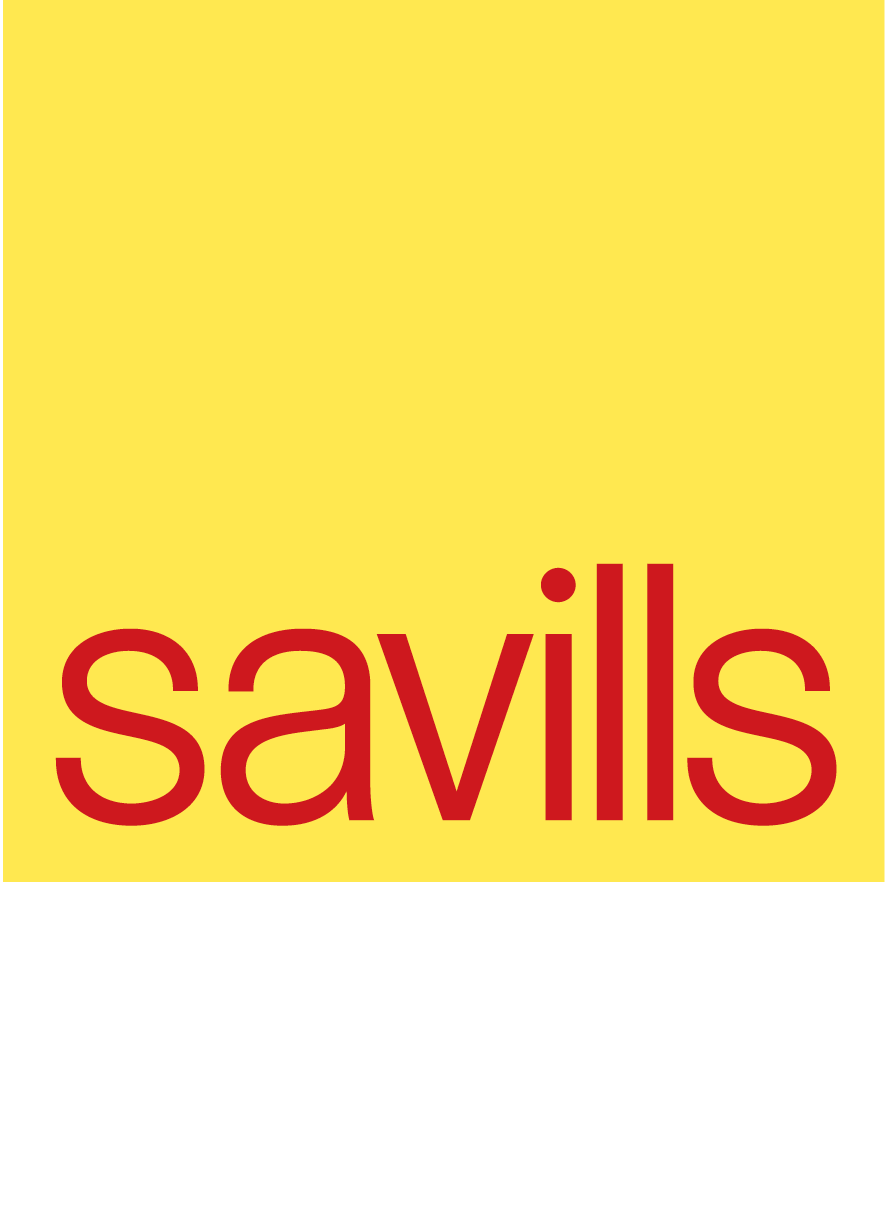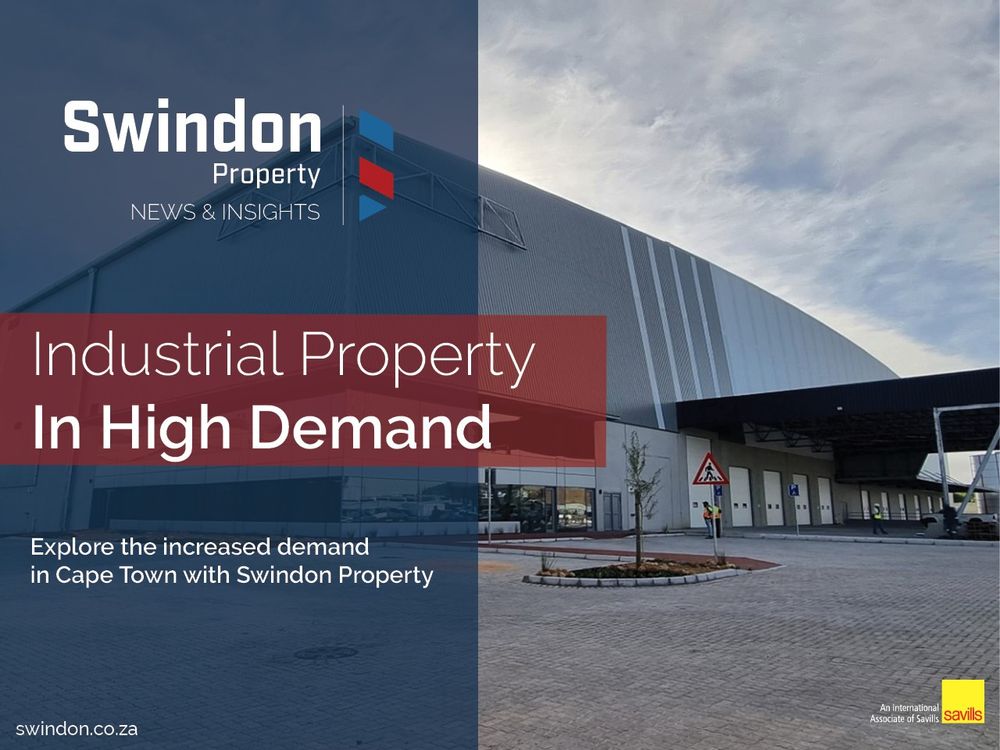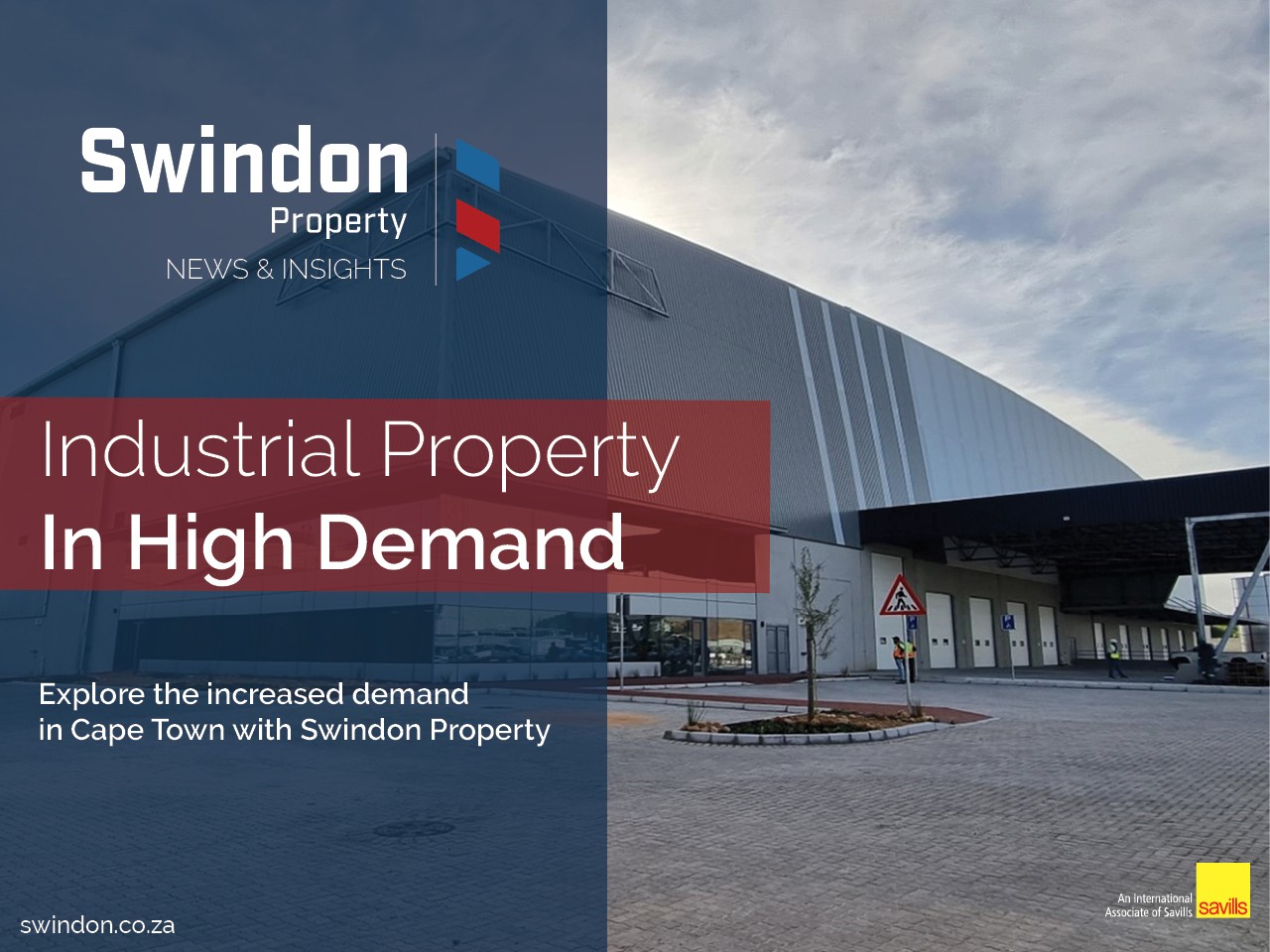Experiencing increased demand for industrial space both locally and from around the country, Cape Town has become South African investors’ preferred location in this sector of the property market, which has made securing quality industrial assets very competitive, says Marcus te Vaarwerk, a director of Swindon Property.
The demand is mainly from local businesses in the Western Cape but also those from KZN and Gauteng relocating or expanding their operations to the Cape, as well as large international companies looking to grow their footprint here.
Says te Vaarwerk: “The greatest increase in demand in both sales and rentals has been for larger, 2 500 – 5 000sqm freestanding industrial warehouses with eaves heights of at least 10m, and an open-plan layout with a very low office-to-warehouse ratio. Added to this is a preference for exclusive-use yard areas that are spacious enough to accommodate trucks and turning circles for larger users.
“While the demand for industrial property has been steadily increasing over the years, we have recently seen heightened interest, with companies now committing to growth and expansion, particularly with the absence of loadshedding and confidence in the current government status especially in the province.
“The downward interest rate cycle will further fuel demand for industrial property sales, prompting smaller buyers who would prefer to invest in their own properties rather than rent, especially in light of increasing rentals. Although for some time the manufacturing sector has been on the decline with logistics dominating, we are currently dealing with numerous smaller manufacturers entering the market, which is encouraging.”
Te Vaarwerk says the popularity of an industrial node is dependent upon several factors including:
- Access to major highways and arterial roads, but as important is public transport and convenient travel distance for the workforce.
- Gated precincts or well-patrolled secure areas such as Brackengate, Capricorn Park, Richmond Park and Montague Park are favoured given their increased security.
- There seems to be an increase in power requirements by many users and therefore properties with larger power supplies are becoming more sought after, with areas such as Sacks Circle, Epping and Parow generally able to satisfy these requirements.
- Areas with City Improvement Districts such as Paarden Eiland and Parow are also proving in demand due to the upkeep of the area, deterring unwanted elements and adding a level of security.
- Proximity to the port of Cape Town and Cape Town International Airport may also be important depending on the nature of the business.
“Several of these sought-after industrial nodes are surrounded by residential suburbs, which increases the security factor and therefore their appeal,” says te Vaarwerk.
“Industrial property buyers vary greatly in their investment strategy and therefore their requirements. In general, private investors are looking for older buildings that have lower rentals - which they believe with some renovations can be upscaled to increase rental levels and therefore property values. Others are looking to rather build up a portfolio and will simply buy to hold and pay off their bonds over time, while benefitting from capital growth - allowing them to regear their properties over time. Such private investors are usually looking at options between R2 million and R30 million.
“The larger property funds and REITS seem to all be following a similar property recipe which is to secure the larger ‘big box’ logistics facilities that have sufficient yard space and at least 11m eaves height, and which are in sought-after locations. These property values are normally in excess of R50 million and unfortunately in the Western Cape are in fairly short supply, making them prime investment opportunities.”
Te Vaarwerk says with new-builds reflecting a sharp increase in price due to related construction costs and land prices, investors or purchasers may alternatively choose to take on older industrial buildings with the objective of refurbishing and/or redeveloping them. To make financial sense these properties need to be secured at the right price point and the properties need to have the right principles in place to lend themselves to redevelopment. Factors impacting decisions here may include a yard-to-building ratio, existing building layout, office weighting, and the ability to subdivide a property into smaller units to attract a variety of users at a higher rental rate throughout.
“When it comes to rentals, smaller companies and start-up businesses are predominantly guided in their decision making by rental overheads and therefore will often consider older, less desirable buildings, and locations that may not be ideal for their business but deliver an important cost saving.”
As an overview of industrial rental prices in Cape Town, Swindon Property indicates these range from around R50 net per sqm in the older and less sought-after areas and up to R85 – R95 net per sqm for newer buildings in sought-after areas, all impacted by the quality and type of building. Te Vaarwerk says an interesting observation is that traditionally, the larger the building the lower the achievable rental would be, but currently the larger, prime buildings are commanding some of the highest rentals in the market. Small, secure, mini-industrial units are also at a premium as are those located in niche nodes such as Northgate Estate.
In Capricorn Park, where most buildings are of a similar age and specification, there seems to be an average price point of R80 per sqm, while Paarden Eiland has seen a fair fluctuation in pricing given the large variation of building types and sizes - but sits between R70 – R95 per sqm. Parow also has a variety of newer and older buildings creating a rental differential between R55 – R90 per sqm.
When it comes to new-builds in the Western Cape net rentals range from R90 per sqm – R110 per sqm, reaching record prices in the market.

Adds te Vaarwerk: “From a tenant perspective, newer properties are generally preferred given that they are fully compliant with regulations - therefore not affecting companies’ insurance, have higher eaves, metal sheeting, simplistic open plan layout with minimal office space, and other desirable features, and usually generate a premium of about 15% - 20% in rental value. They also tend to be situated in more modern parks in secure environments.
“New developments tend to follow a similar formula, namely creating a more modern single-pitch warehouse clear of columns, with good eaves height and generous yard space, making them flexible for use by a variety of tenants and providing longevity. The sizes vary depending on demand in the market and the specific area, and range from small mini-parks (100 – 250 sqm) to large 2 500 – 10 000 sqm ‘boxes’. The office-to-warehouse ratio is also usually kept very low at 5% - 10% to allow for flexibility with office expansion allowance generally catered for in the design. Many of these are also configured so they can be joined to create a larger space by combining units. Tenant-driven buildings, however, will be built more specifically to the client's requirements and with variations tailored to their needs and price point.”
He says given the limited amount of industrial property currently available to lease, most of the industrial nodes in the Western Cape remain popular and have seen a steady decline in vacancy and rise in rentals.
“We have seen a very rapid rise in rentals throughout the industrial nodes over the last 12 months as the effects of Covid and the lockdown finally wear off, exacerbated by the inflow of companies from other provinces and renewed confidence in trade. The most noticeable increases have been in the traditional areas such as Paarden Eiland and Montague Gardens, however, the previously lesser sought-after areas such as Capricorn Park and Parow have also experienced good growth. Smaller nodes such as Northgate Estate and Ndabeni continue to perform to a very small footprint and its great accessibility,” says te Vaarwerk.
“The rental growth in Parow is likely due to the much lower baseline rental giving users real value, while Paarden Eiland has traditionally been a very sought-after area with high demand which is further accelerated by a severe shortage of stock, which in turn has driven rental prices up by 12% - 15% over the past year. Capricorn Park has seen a massive reduction in stock availability due to business owners in the Southern Suburbs and surrounds choosing to locate closer to home, with proximity for the workforce and the secure gated park environment adding to the appeal.
In conclusion, Te Vaarwerk offers some useful advice: “Coupled with a shortage of buildings for sale and increased demand, we are seeing buildings being purchased at lower yields than previously experienced. Our advice to buyers is to do your due diligence whenever purchasing a property to ensure you are well aware of all the facts related to the purchase.
“This includes not only the items related to the structure and size of the property. It is also advisable to research the node you are buying in to understand the market rentals, and to be aware if you are buying a property with inflated rentals - or if these rentals are in fact below market. Upon lease renewal these rentals will go through a market correction and may greatly affect your property’s value in a positive or negative way. In this market we believe there will be continued rental and sales value growth for a while longer but believe we are reaching the peak of this cycle, a factor which one needs to be cognisant of.”
For further information contact Swindon Property on +27 (21) 422 0778.



